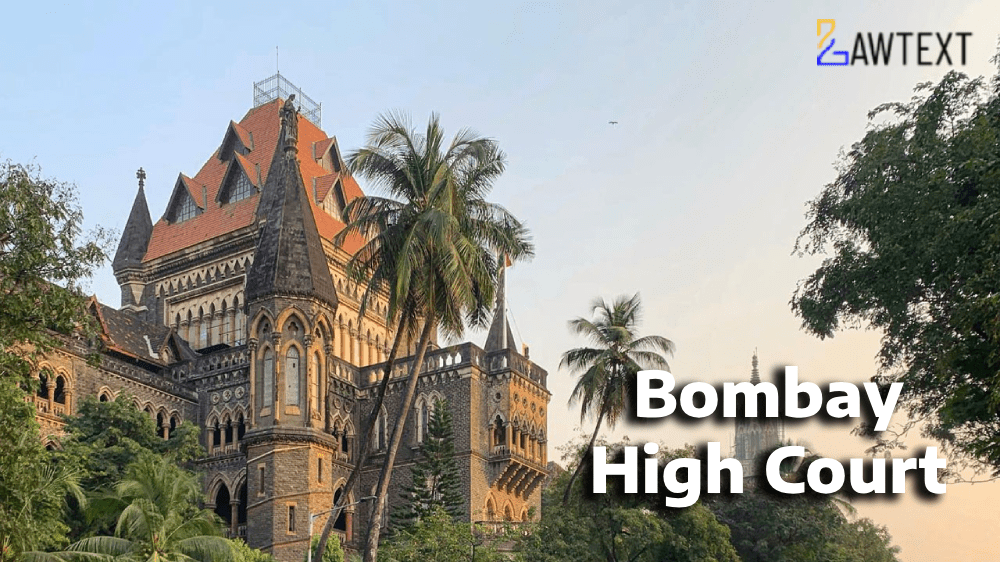

The Court held that the Learned Sole Arbitrator did not attract any ineligibility conditions under the Seventh Schedule. The Court emphasized that only current representation or business relationships could disqualify an arbitrator under Items 1 and 2 of the Seventh Schedule. As the past representations were disclosed under the Fifth Schedule and did not amount to de jure or de facto incapacity, the Court found no merit in the petition.
The statutory scheme of the Arbitration and Conciliation Act, 1996, allows for raising doubts about an arbitrator’s independence and impartiality only after the final award under Section 34. The Seventh Schedule’s ineligibility conditions require a current, ongoing relationship, not merely past professional engagements. The Court’s jurisdiction under Section 14 arises only when an arbitrator is de jure or de facto unable to perform his functions.
The petition was dismissed, and no intervention was warranted at the current stage of the arbitration proceedings. The implications of the Fifth Schedule did not justify recusal under Section 14 of the Act.
Acts and Sections Discussed:
Arbitration and Conciliation Act, 1996 – Section 11, Section 12, Section 13, Section 14, Section 34 – Fifth Schedule – Seventh Schedule
Subjects:
Arbitrator’s Recusal – De Jure Incapacity – De Facto Incapacity – Independence – Impartiality – Past Representation – Current Representation – Jurisdiction
Facts:
Nature of the Litigation: Commercial Arbitration Petition filed under Sections 12, 13, and 14 of the Arbitration and Conciliation Act, 1996, challenging the refusal of the Learned Sole Arbitrator to recuse himself.
Who Asked the Court and for What Remedy: Priyanka Communications India Pvt Ltd (Petitioner) sought substitution of the Learned Sole Arbitrator, alleging conflict of interest.
Reason for Filing the Case: The Petitioner raised doubts over the independence and impartiality of the Learned Sole Arbitrator due to his past representation of affiliates of Tata Capital Limited (Respondent).
What Has Already Been Decided: The Learned Sole Arbitrator, appointed by an order of the Court under Section 11 of the Act, rejected the Petitioner’s application for recusal.
Issues:
Whether the Learned Sole Arbitrator was de jure or de facto unable to perform his functions under Section 14 of the Arbitration and Conciliation Act, 1996.
Whether past representation of affiliates of a party by the arbitrator leads to ineligibility under the Seventh Schedule.
Submissions/Arguments:
Petitioner’s Arguments: a. Invoked the Fifth and Seventh Schedules of the Act, raising justifiable doubts regarding the independence and impartiality of the Learned Sole Arbitrator. b. Argued that the arbitrator’s past representations for affiliates of the Respondent created a conflict of interest.
Respondent’s Arguments: a. Contended that no current representation existed between the Learned Sole Arbitrator and the Respondent or its affiliates. b. Asserted that past professional engagements did not fall under the ineligibility conditions of the Seventh Schedule.
Citation: 2025 LawText (BOM) (2) 42
Case Number: COMMERCIAL ARBITRATION PETITION NO. 97 OF 2025
Date of Decision: 2025-02-04
Case Title: Priyanka Communications India Pvt Versus Tata Capital Limited
Before Judge: SOMASEKHAR SUNDARESAN, J.
Advocate(s): Mr. Atul Damle, Senior Advocate a/w. Premlal Krishnan, Nadeem Shama, Rehmat Lokhandwala, Hrishikesh Nadkarni and Siddharth Seshadri i/b PAN India Legal Services LLP, for Petitioner. Mr. Rohan Savant a/w. Mr. Mayur Bhojwani, Mr. Aauam Mehta i/b Manilal Kher Ambabal & Co, for Respondent.
Appellant: Priyanka Communications India Pvt
Respondent: Tata Capital Limited